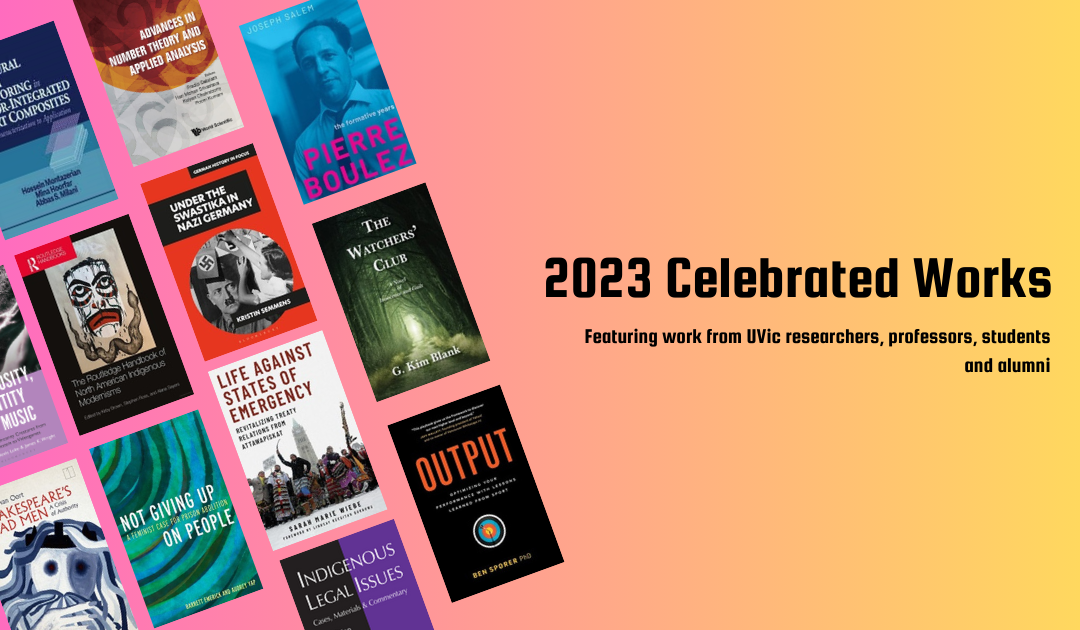
by Kristen De Jager | May 14, 2024 | Events, UVic Authors
The Copyright and Scholarly Communications office is excited to share that the 2023 list for Author Celebration has been updated! The Celebrated Works Author list provides a collection of books or book chapters authored or edited by UVic Scholars. Read more...
by Amelia Ritchie | Feb 14, 2024 | Events, Open education
In celebration of Open Education Week 2024 Please join UVic Libraries, ePublishing Services on Thursday, March 7, from 1:00pm-2:30pm PST, for our Open Educational Resources (OER) Showcase! This event, which is in celebration of Open Education Week 2024, is a panel...
by ikehoe | Nov 9, 2020 | Events, News, Open access, Open education
As if They Were the Enemy: The Dispossession of Japanese Canadians on Saltspring Island by Brian Smallshaw is a new release published by the University of Victoria. It can be downloaded for free on UVicSpace: https://dspace.library.uvic.ca/handle/1828/12244 On 22...
by Danice Szabo | Oct 1, 2019 | News, Open access, UVicSpace
September, 2019 | UVic News & UVic News In 2 recent UVic News articles, Dr. Kelli Stajduhar has been recognized for her work in developing a Palliative Outreach Resource Team (PORT) in Victoria. ‘The Palliative Outreach Resource Team (PORT) is a collaboration of...
by Danice Szabo | Sep 23, 2019 | News, Open access, UVicSpace
July 8, 2019 | UVic News The UVic Copyright and Scholarly Communications office would like to congratulate Dr. Zuomin Dong on his recent UVicNews article that highlights his important work … ‘Dong’s research, which will reduce the environmental impact and...


